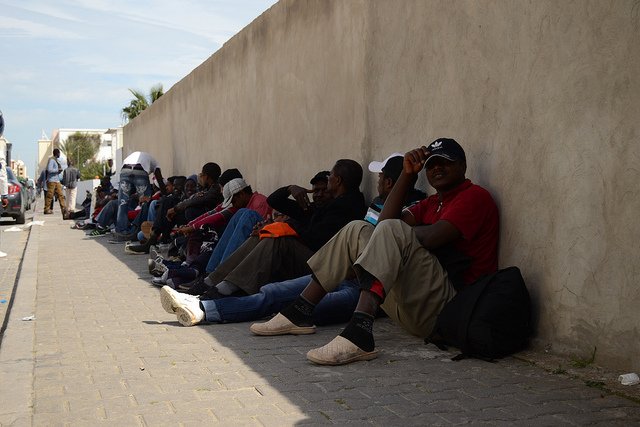Universalizing Resistance To Attacks On Labor
By Fred Redmond and Charles Derber for Truthout - In the last few months, Richard Trumka, president of the national AFL-CIO, resigned from a key Trump advisory board after Charlottesville; unions nationally are rallying with progressive Democrats to stop Trump's anti-union appointees to the National Labor Relations Board; graduate students at Harvard, Boston College and many universities are fighting to unionize; and Bernie Sanders has introduced a "Medicare for All" bill. This is the beginning of the "universalizing" resistance to the right wing seeking to destroy unions, end social protections, including the Affordable Care Act, and return to a Gilded Age plutocracy. Workers are beleaguered. Wages have been stagnant for 30 years, benefits such as health care are eroding, the middle class is dwindling. The compensation of the average Fortune 500 CEO has ballooned to 347 times that of the average US worker. Workers' hopes to secure the "American dream" are diminishing. Labor unions have shrunk to only 10.7 percent of workers, half the rate of 33 years ago. That decline is a result of unrelenting attacks by right-wing politicians. Wisconsin is a sad example. First Gov. Scott Walker kneecapped public sector unions; then he went after private sector labor organizations.















